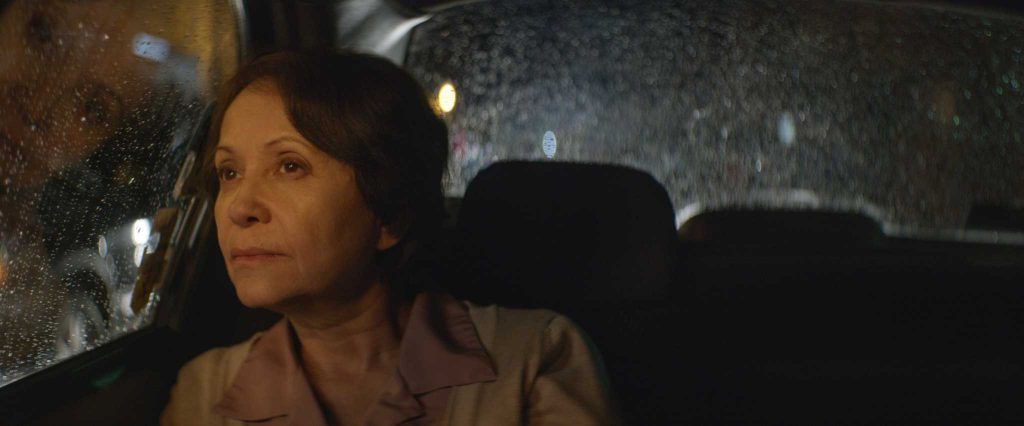Alternative visions of womanhood are taking center stage at the 60th San Francisco International Film Festival.
More than 50 movies showing at this year’s SFFilm Festival were directed by women. Several of these were presented at the festival’s College Days series attended by students from both SF State and UC Davis.
Five selections were shown at the festival’s College Days program, including three documentaries and two fictional films. Female-focused films occupied a central place at the screening events attended by more than 40 SF State students.
College Days is a special program put on by the SFFilm Festival to give students access to cinema they might not otherwise be able to see. It runs each year over the course of one weekend, usually at the beginning of the festival.
Students viewed five films, which all addressed women and tackled women’s issues — some were more direct than others.
“Casting JonBenet,” directed by Kitty Green, opened the series on Friday, with an unconventional look at the notorious unsolved murder of 6-year-old child pageant queen JonBenét Ramsey. Instead of trying to “solve the case,” as many films and documentaries have done, a casting call was put out for actors willing to portray Ramsey’s family in a movie about the crime, according to Green.
Filmmakers visited child beauty pageants and related events in the Boulder, Colorado area — site of the 1996 murder — scouting willing participants for the project. Green said she put the question to people simply.
“Hey, do you want to be in a movie?” Green asked.
“Casting JonBenet” will stream on Netflix starting on April 28, but cuts against the grain of the provider’s recent sensations such as, “American Crime Story: The People v. O.J. Simpson,” “Making a Murderer,” and “Amanda Knox.”
The film was intended to show an implicit criticism of both true-crime and obsession, said producer Scott Macaulay.
SFFilm Festival will showcase 181 movies from 51 countries before its closing ceremonies on April 19. Among the international selections for College Days was a wrenching submission from the Philippines.
“Motherland,” which won the Special Jury prize at the Sundance Film Festival this year, tells the story of impoverished mothers giving birth in a grossly under-equipped maternity hospital in the direct tradition of legendary filmmakers Jean Rouch and D.A. Pennebaker. There are no titles introducing subjects, no voiceover and no soundtrack. Instead, director Ramona Diaz chose to let patients and professionals tell their own stories.
Julieta Cappavelli, an SF State student from Argentina, was struck by the abject poverty in “Motherland.” She found the predicament of patients, stacked two to a bed along with their newborns at the hospital “unreal,” and couldn’t believe the lack of financial assistance.
Capavelli says there is a lot of poverty where she comes from, but at least people have health care.
“How does nobody help them?” Capavelli asked.
Ingrid Schulz, SF State cinema lecturer who teaches coursework on Bay Area film movements, singled out a third film: “Everything Else,” a fictional neorealist film from Mexico directed by Natalia Almada.
Schulz sees Almada’s emphasis on the mundane aspects of femininity as a revisitation of cultural ideas of womanhood. Instead of the public woman, Schulz said, who has painted nails and pantyhose, viewers see main character Flor applying nail polish, and putting on hose in personal character moments that don’t drive the action forward.
“What makes the film so compelling is that it forces the viewer to stay in the moment with the main character,” Schulz said.
Almada also cited alternative images of womanhood as part of her emphasis. Several scenes took place in showers at a public pool Flor frequents. The showers are populated by older women whose bodies don’t conform to Hollywood stereotypes.
“I was struck by these women who were so fleshy and alive in the shower room,” Almada said.
Schulz was candid about the difficulty of what she called feminist films, but stressed the importance of alternative perspectives on femininity.
“Feminist films are not about entertainment, but are about re-envisioning what it means to be female,” Schulz said.







